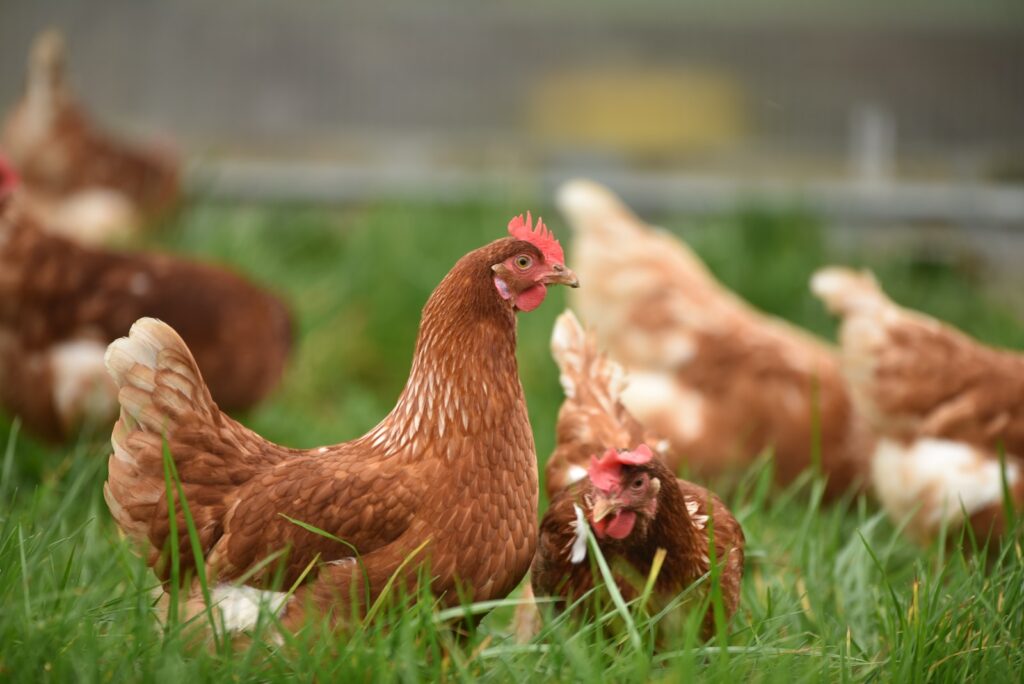Can Chickens Eat Cheese? — Exploring the Nutritional Benefits and Considerations
Chickens are natural scavengers and can consume a wide variety of food items. But, can they enjoy the cheesy goodness of cheese? The answer is yes, chickens can eat cheese. However, it is important to understand the nutritional benefits and considerations associated with feeding cheese to your feathery friends.
The Nutritional Benefits of Cheese for Chickens
Cheese can offer numerous advantages and health boosts for your chickens when given in moderation. One of the primary benefits is the protein content of cheese, which can contribute to their muscle development and overall growth. Additionally, cheese is a good source of calcium, promoting strong eggshell production and healthy bone development in your chickens.
Protein Enrichment:
Feeding cheese to your chickens provides them with additional protein that aids in their growth and development. Protein is essential for feather production, muscle strength, and overall vitality.
Calcium for Strong Eggshells:
Calcium is crucial for healthy egg production in hens. Cheese contains a sufficient amount of calcium, ensuring your chickens receive this essential nutrient for producing strong and sturdy eggshells. It also contributes to their skeletal health and prevents calcium deficiencies.
Recommended Frequency and Quantity
While chickens can indeed relish cheese, it is vital to offer it in moderation to maintain a balanced diet. A suitable frequency for cheese consumption is once or twice a week, in small quantities. The recommended portion size is around one tablespoon of cheese per chicken, ensuring they receive the nutritional benefits without overindulging.
Potential Cautions and Considerations
Despite cheese being safe for chickens to consume, there are a few cautions to keep in mind. Firstly, it is crucial to provide cheese in small, bite-sized pieces to avoid any choking hazards. Additionally, some chickens may be lactose intolerant or have difficulty digesting dairy products. Therefore, it is advisable to monitor their response to cheese and adjust accordingly.
Can Other Pets Enjoy Cheese Too?
Cheese is a treat that can be safely enjoyed by various pets, including dogs and cats. However, it is important to remember that each pet has specific nutritional requirements, and cheese should be given sparingly as a treat rather than a staple part of their diet.
Conclusion
In conclusion, chickens can indeed partake in a cheesy delight. The protein and calcium content in cheese offer notable benefits, promoting growth and healthy egg production. However, it is essential to provide cheese in moderation, monitor individual chicken’s tolerances, and make sure it is part of a well-balanced diet. Always remember that responsible feeding practices contribute to the overall health and well-being of our beloved pets.





